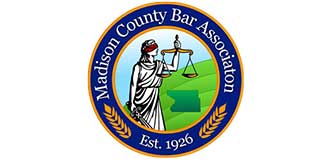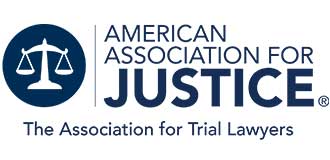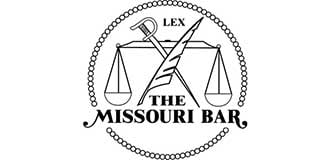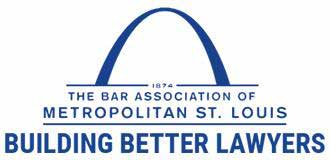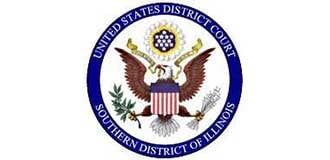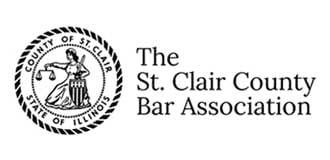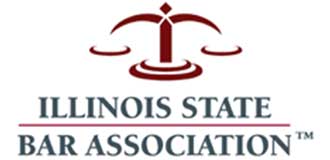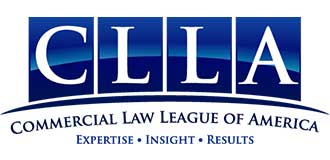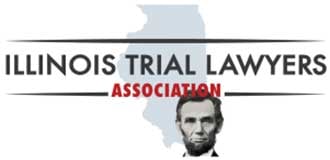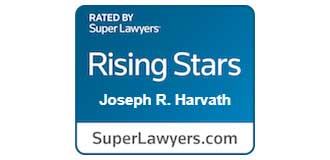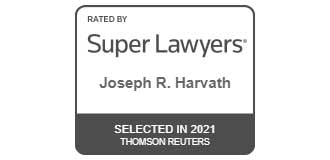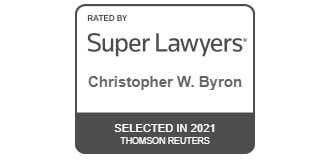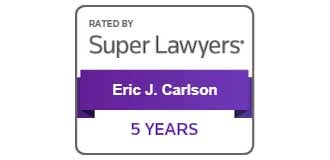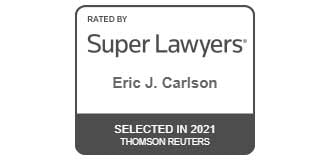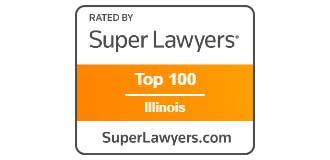There are numerous benefits to leasing commercial property instead of purchasing it outright for your business. Taking on a commercial real estate loan could overextend your company in its earliest stages and reduce your chances of growing it into something successful.
A lease will give you access to facilities in the best neighborhood given your business model while still giving you the chance to move, expand or streamline the company’s operations later. A commercial lease guarantees your right to use a specific space for your business without permanently locking you into one location.
Before you sign a lease and get ready to move your workers and equipment to a new facility, there are a few terms that you want to double-check within the lease paperwork.
Your maintenance responsibilities
Some landlords offer turnkey commercial spaces. They may even customize the existing facilities and roll the cost of the work into your monthly rent price. Other landlords expect you to do all of the changes, upgrades and even routine maintenance required at the facility.
Unlike residential leases that impose obligations on landlords, commercial leases often passed major responsibilities to the tenants, and it is crucial that you know what maintenance expenses fall to you as the tenant.
Secondary fees and costs
While your landlord might do very little to maintain your unit, they may still charge you premium fees for what maintenance they do perform. You need to confirm the type of lease and how your landlord will pass certain charges on to you. For example, they may charge a common area maintenance (CAM) fee in addition to your rent which could add hundreds of dollars to your monthly expenses.
The length of the lease
Unlike residential leases, which may go from month to month or may only last for a single year, commercial leases typically last for multiple years. Additionally, if the business goes under, or the landlord could still try to make a claim for unpaid rent before the business closed and the duration of the lease.
You may be able to negotiate a shorter term for your lease if you are a startup unsure of success or if you believe you may need bigger facilities well before your lease ends. You may also want to include a force majeure clause that could allow you to end the lease early in certain circumstances.
A lease is a contract that leaves you liable if you fail to follow through on your obligations. Double-checking with specific terms of any commercial lease you intend to sign can help you protect your business as you seek the right facilities for your needs.


